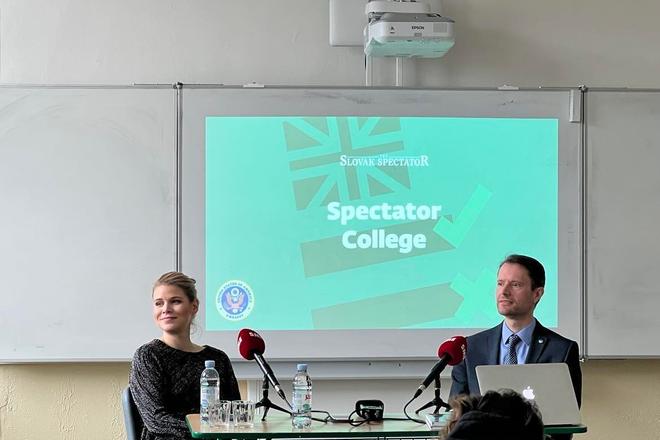Listen to the Spectator College podcast:
Zuzana Kovačič Hanzelová is a Slovak reporter at the Sme daily. She hosts a talk show about current political and social topics, Rozhovory ZKH (ZKH Interviews). She joined us, as our first guest in the Spectator College project, for a discussion about her work.
"Once in a while, a journalist brings good change," says Kovačič Hanzelová, whose greatest passion is reporting on the Roma community, the homeless, and people in difficult life situations, groups that she says we do not read enough about in our everyday lives.
In 2017 and 2020, she was nominated for the Roma Spirit award in the Media category for highly professional journalistic approach, presenting a realistic image based on verified facts about Roma issues.
People often get locked in information bubbles, and there is obvious confirmation bias in many countries around the world. When people fall prey to this tendency, it can lead to the spread of disinformation, stereotypes, and much more. To broaden one's view, it is always good to find different perspectives on each topic – even reading websites from perspectives you do not share can help, suggests Kovačič Hanzelová.


